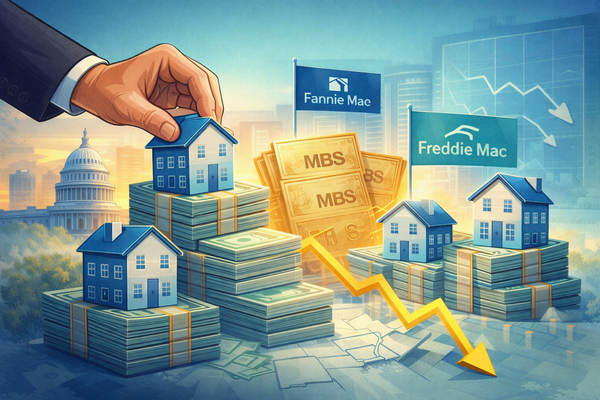Closing Costs Exposed

So often, buyers and sellers are misled into thinking that the offer they make or receive on a home is their net cost or revenue on that property. That is not necessarily the case when you factor in the closing costs associated. These closing costs vary throughout the negotiation, but typically the seller will have higher closing costs than the buyer. I will dive into all the different closing costs below:
Seller's Closing Costs:
1. Real Estate Agent Commissions: In almost all cases, the seller will cover the real estate agent commissions. These commissions are usually around 5-6% of the sale price and are split between the seller's agent and the buyer's agent. This will be the largest portion of the closing costs.
2. Title Insurance: Sellers commonly pay for the owner's title insurance policy, which protects both the buyer and the lender in case of any title issues. These rates are listed as $5.75 per thousand for the first $100,000 and $5.00 per thousand above $100,000.
3. Transfer Taxes: Florida does not have a state transfer tax, but local documentary stamp taxes may apply. The responsibility for these taxes is often negotiated between the buyer and seller.
4. Prorated Property Taxes: Sellers are responsible for property taxes up to the closing date, and then the amount is prorated based on the closing date.
5. Outstanding Liens and Judgments: Sellers must clear any outstanding liens or judgments on the property before closing.
6. Attorney Fees: Florida does not require sellers to have an attorney, but if you elect to be prepared for attorney’s fees.
7. Home Warranty (Optional): Sellers may provide a home warranty as an added incentive to buyers, covering certain home systems and appliances. In the current seller’s market, this is not seen often.
Buyer's Closing Costs:
1. Title Insurance: While the seller covers the owner's title insurance, buyers can purchase a separate policy to protect their interests.
2. Lender Fees: If the buyer is not paying cash, they can incur various fees associated with their mortgage, such as loan origination fees, appraisal fees, and credit report fees.
3. Recording Fees: These fees cover recording the property's new ownership.
4. Home Inspection Fees: Buyers typically pay for the home inspection, which is crucial for identifying any potential issues with the property. This is highly recommended and almost always done. A couple hundred dollars could save a fortune in the long run.
5. Prorated Property Taxes and HOA Fees: Buyers reimburse sellers for prepaid property taxes and may need to pay prorated Homeowners Association (HOA) fees.
6. Survey Fees (if required): Some transactions may require a new property survey if the seller does not have a recent one. In these cases, the buyer will be responsible for purchasing one. Surveys are usually around 500 dollars but can be depending on the simplicity of the property.
These are just general guidelines to help my readers learn. Each situation can be different, and there are always specifics. If you have any other questions regarding closing costs, please consult me or your real estate attorney.
Have a great weekend,
Kyle Camerlinck - Taiter Realty - 561.371.5143 - Kyle@taiter.com





